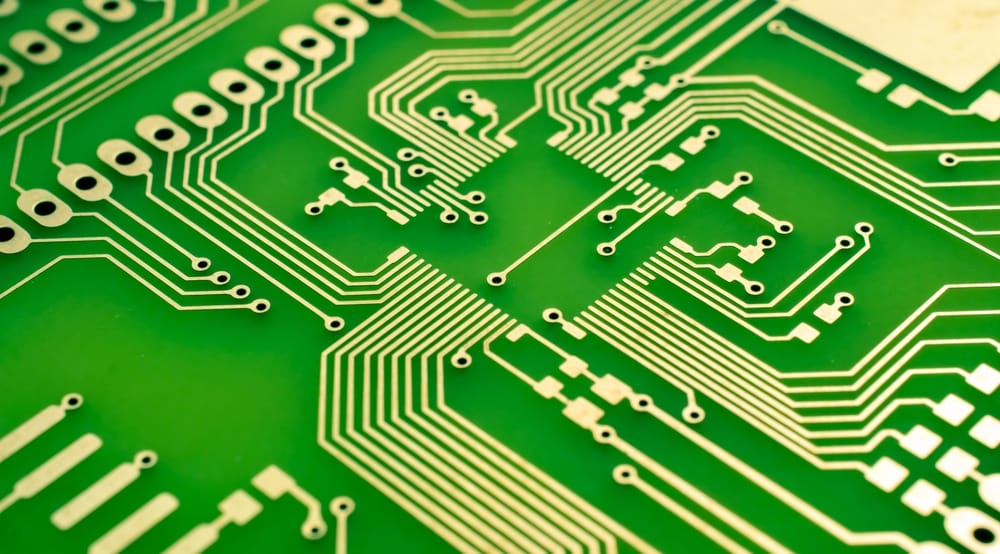PCB
PCB
Blog Article

Flex PCB vs. Rigid PCB: Making the Right Choice for Your Electronics
Printed Circuit Boards (PCBs) are the backbone of modern electronics, serving as the platform for connecting and powering various components. When it comes to choosing the right type of PCB for your project, you'll often encounter two primary options: flexible PCBs (Flex PCBs) and rigid PCBs. Each type has its unique advantages and applications, and in this article, we'll explore the differences and help you make an informed decision. Read on rigid flex pcb to discover more.
Rigid PCBs: The Traditional Choice
Rigidity and Structure:
Rigid PCBs, as the name suggests, are inflexible and are made of solid materials such as fiberglass or composite materials. These boards are typically flat and cannot bend or flex. The rigid structure provides stability and durability, making them ideal for applications where the PCB needs to maintain its shape.
Advantages of Rigid PCBs:
- Stability: Rigid PCBs offer excellent stability and are less susceptible to physical stress and damage.
- Cost-Effective: They are often more cost-effective for simple, flat electronic devices with standard shapes.
- Ease of Assembly: Components are usually easier to place and solder onto rigid PCBs.
Applications:
Rigid PCBs are commonly found in devices like desktop computers, televisions, and household appliances, where the PCB does not need to conform to complex shapes.
Flex PCBs: The Flexible Innovators
Flexibility and Adaptability:
In contrast, Flex PCBs are designed using flexible materials like polyimide or polyester. They can bend, twist, and conform to various shapes without compromising their functionality. This flexibility makes them suitable for applications where space constraints or irregular shapes are a concern.
Advantages of Flex PCBs:
- Space Efficiency: Flex PCBs can be tailored to fit compact or irregularly shaped spaces, optimizing space usage in electronic devices.
- Weight Reduction: They are lightweight, making them ideal for applications where weight is a critical factor, such as aerospace and automotive industries.
- Durability: Flex PCBs can withstand harsh environmental conditions, including temperature fluctuations, vibrations, and moisture.
Applications:
Flex PCBs have found their niche in a variety of industries:
- Consumer Electronics: Smartphones, tablets, and wearables benefit from the flexibility of Flex PCBs, allowing for innovative product designs.
- Medical Devices: Flexible PCBs are used in medical equipment that requires sterilization and irregular shapes.
- Aerospace: Aircraft and spacecraft use Flex PCBs for their lightweight and space-efficient properties.
- Automotive: Infotainment systems, navigation displays, and sensors rely on Flex PCBs to save space and withstand challenging conditions.
- Industrial Automation: In industrial settings, Flex PCBs offer durability and compact solutions for control systems.
Making the Right Choice
The decision between rigid and flex PCBs depends on your specific project requirements. Consider the following factors:
- Form Factor: If your project requires a compact or irregular shape, Flex PCBs may be the better choice.
- Environment: If your device will be subjected to harsh conditions, such as temperature extremes or vibrations, Flex PCBs are more suitable.
- Cost: While rigid PCBs are generally more cost-effective, the long-term benefits of Flex PCBs in terms of space efficiency and durability may offset the initial investment.
- Ease of Assembly: If your assembly process involves conventional, flat components, rigid PCBs may be more straightforward to work with.
In conclusion, both rigid and Flex PCBs have their strengths and applications. The key to making the right choice is understanding your project's specific needs and constraints. Whether you prioritize stability and cost-effectiveness or flexibility and space efficiency, there is a PCB solution tailored to your requirements in today's diverse electronics industry.
Report this page